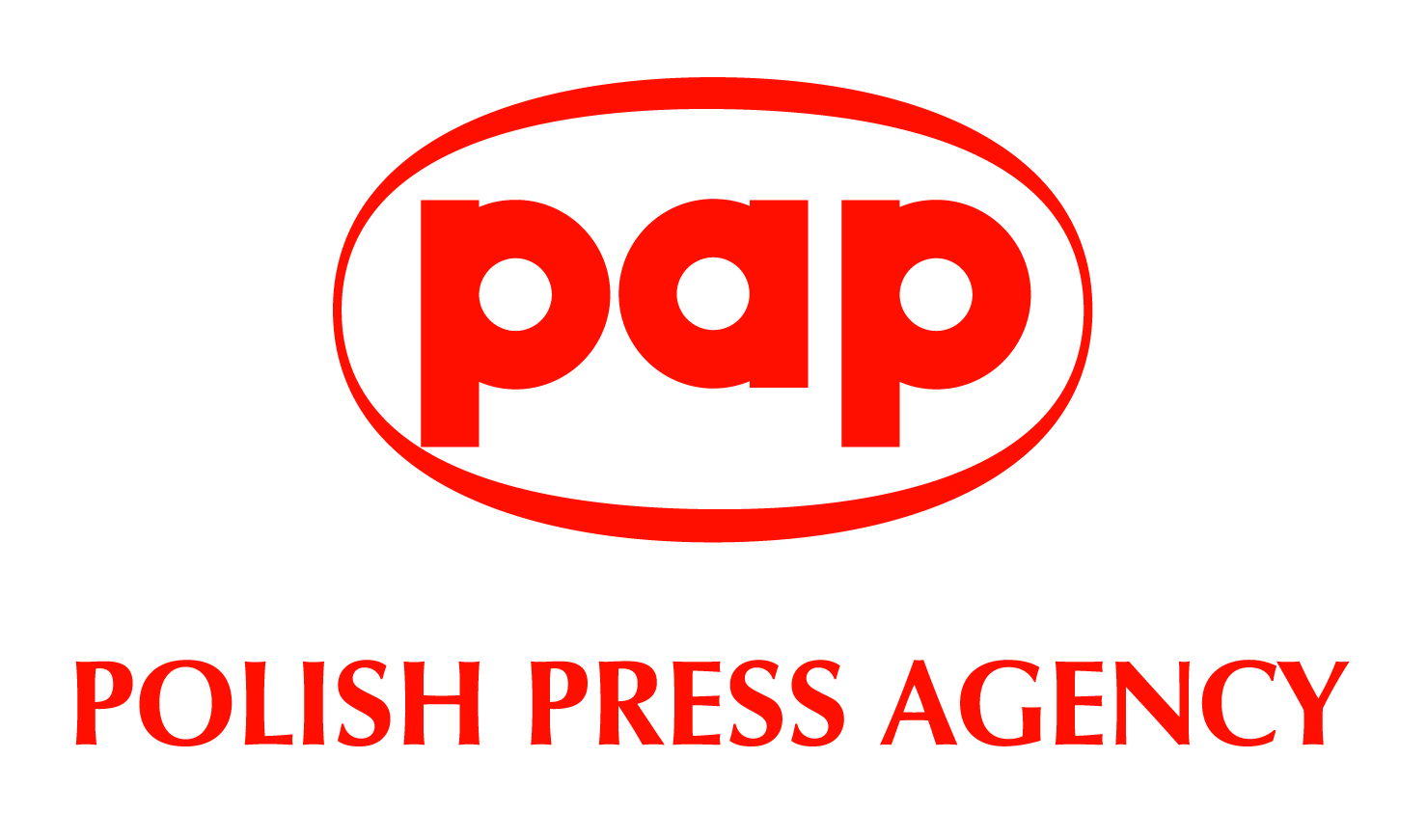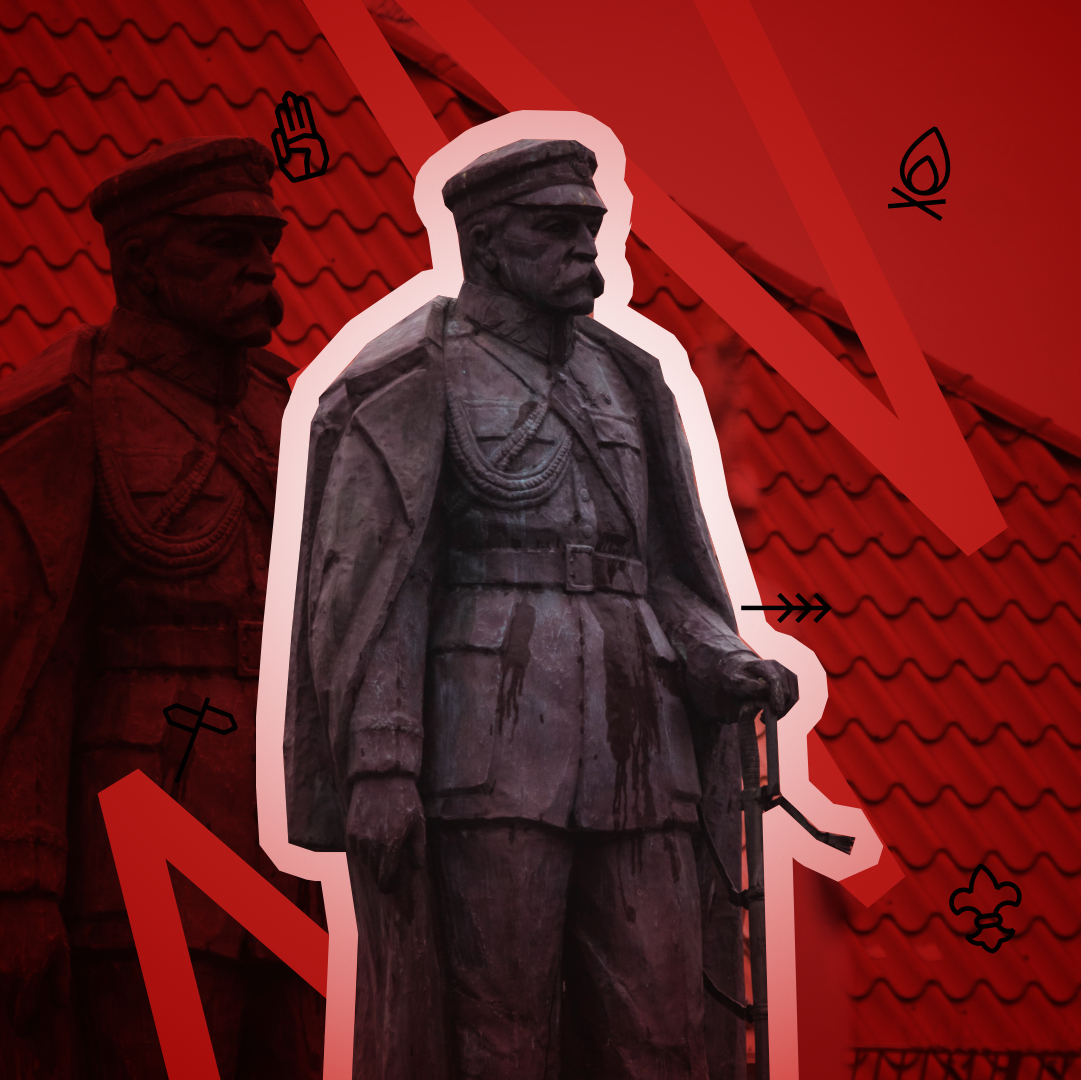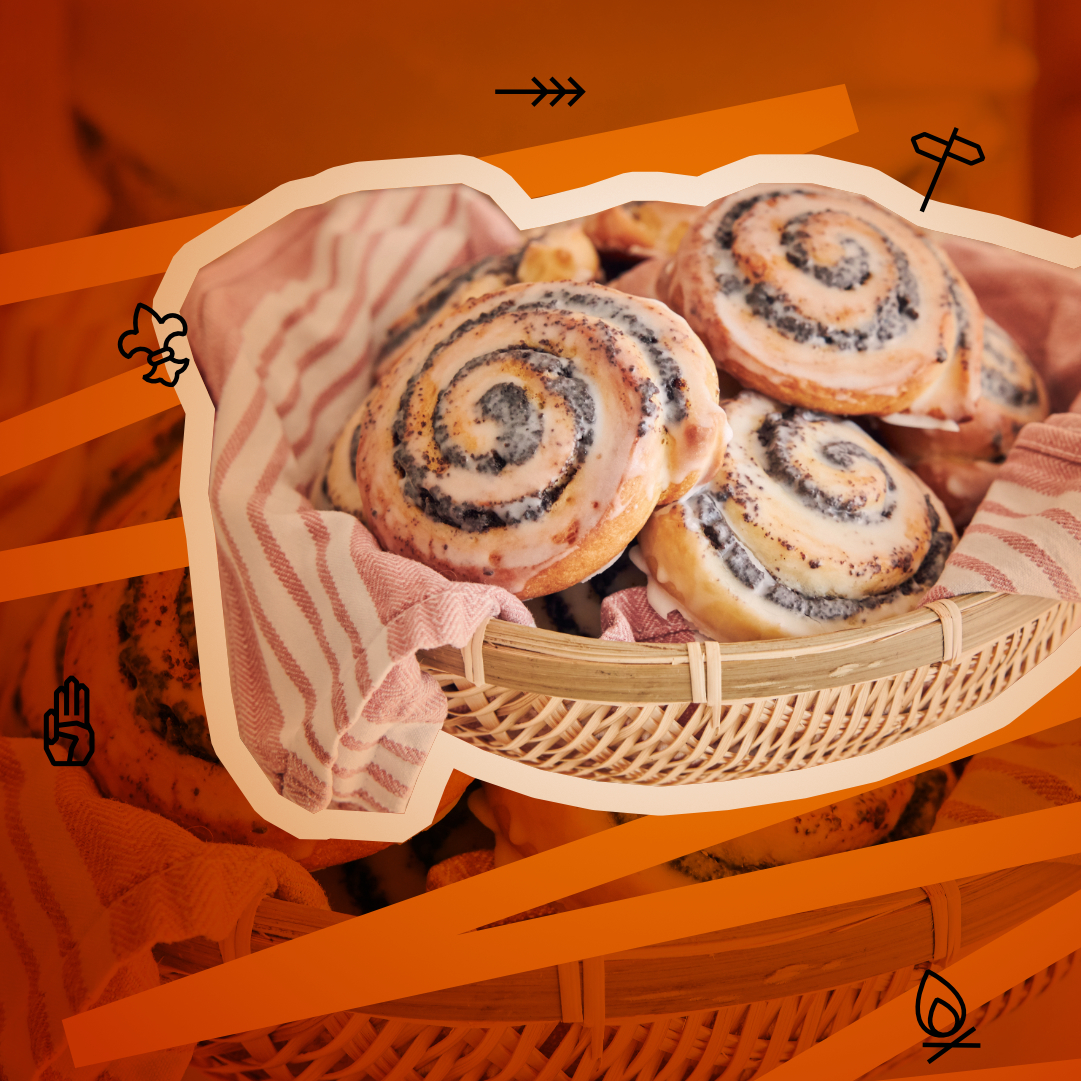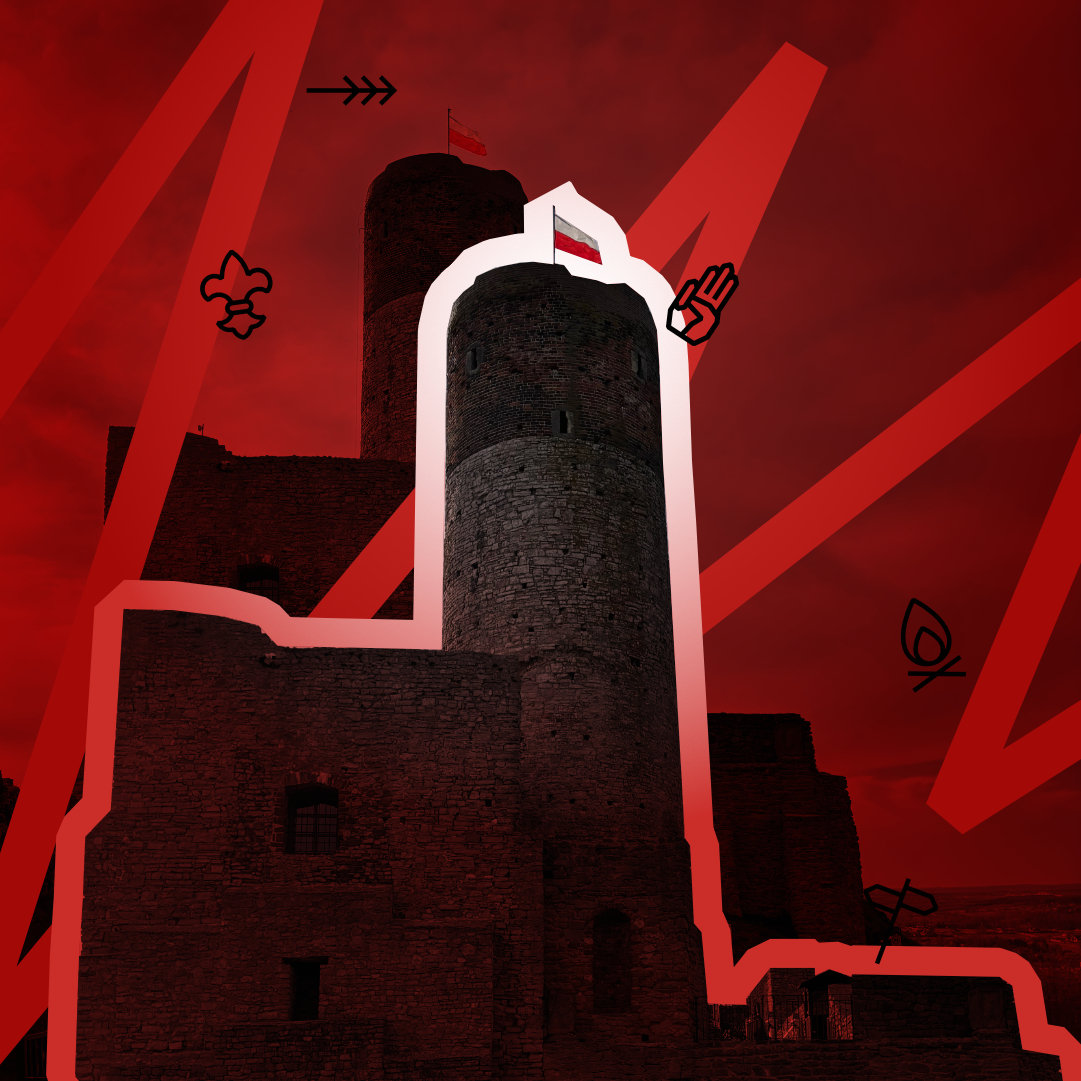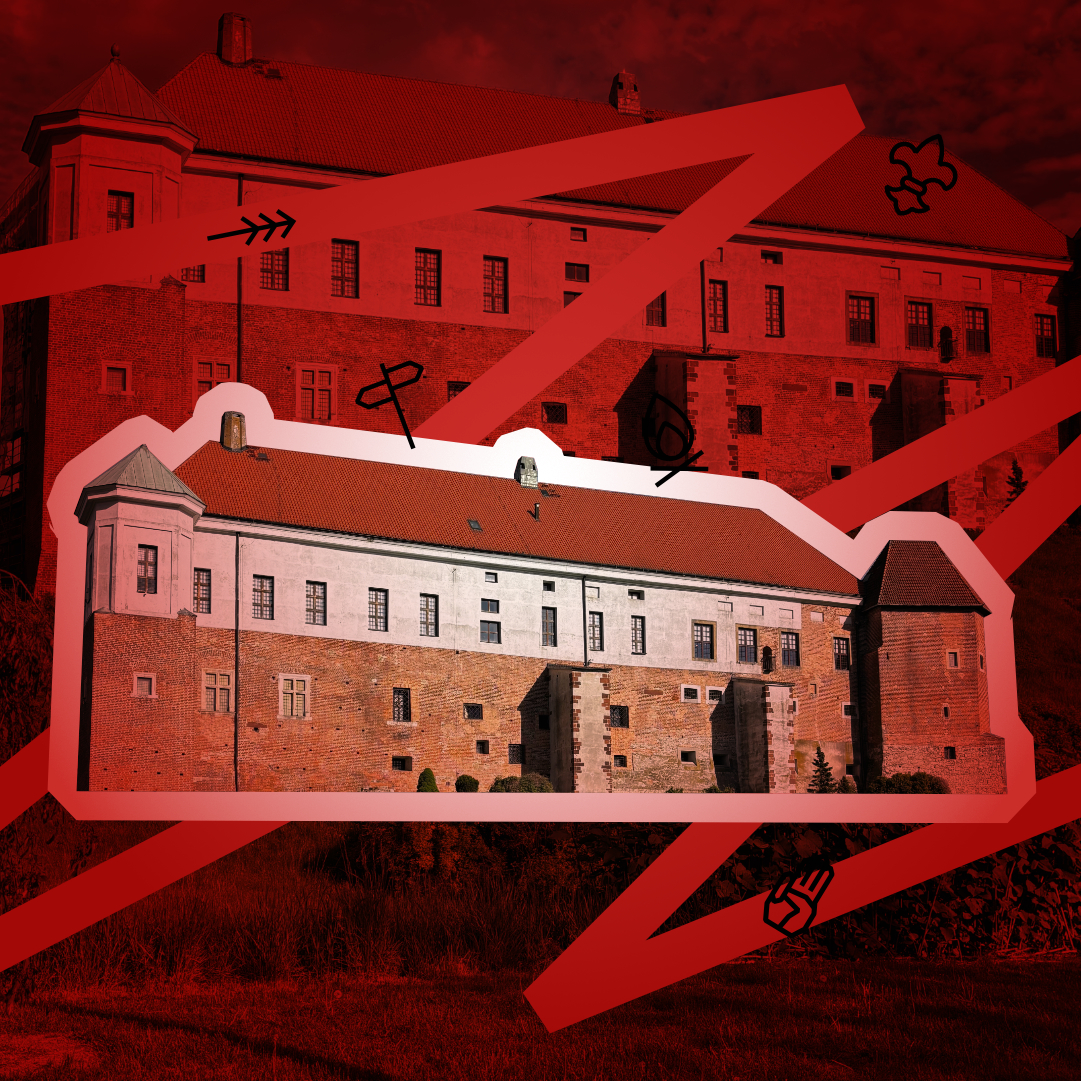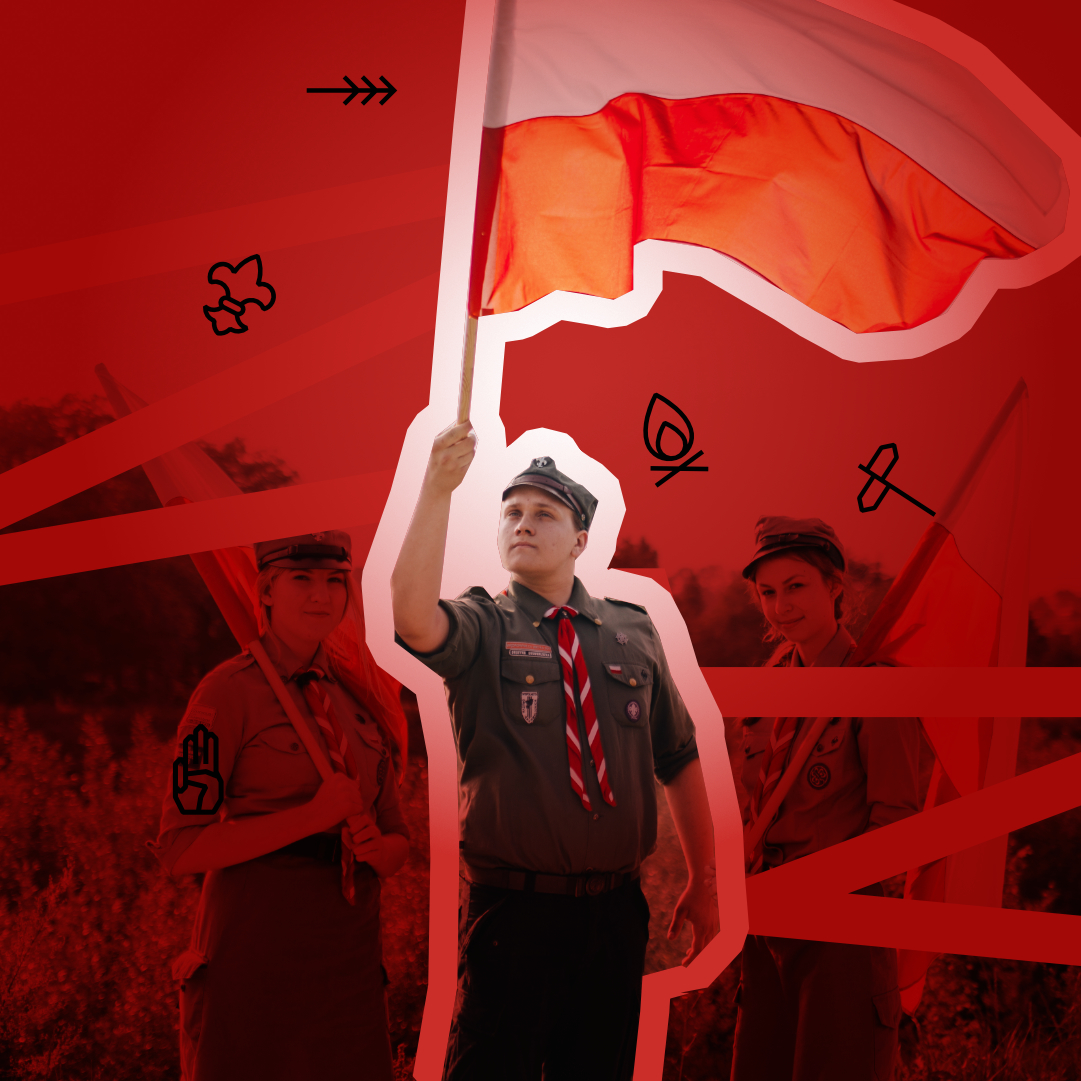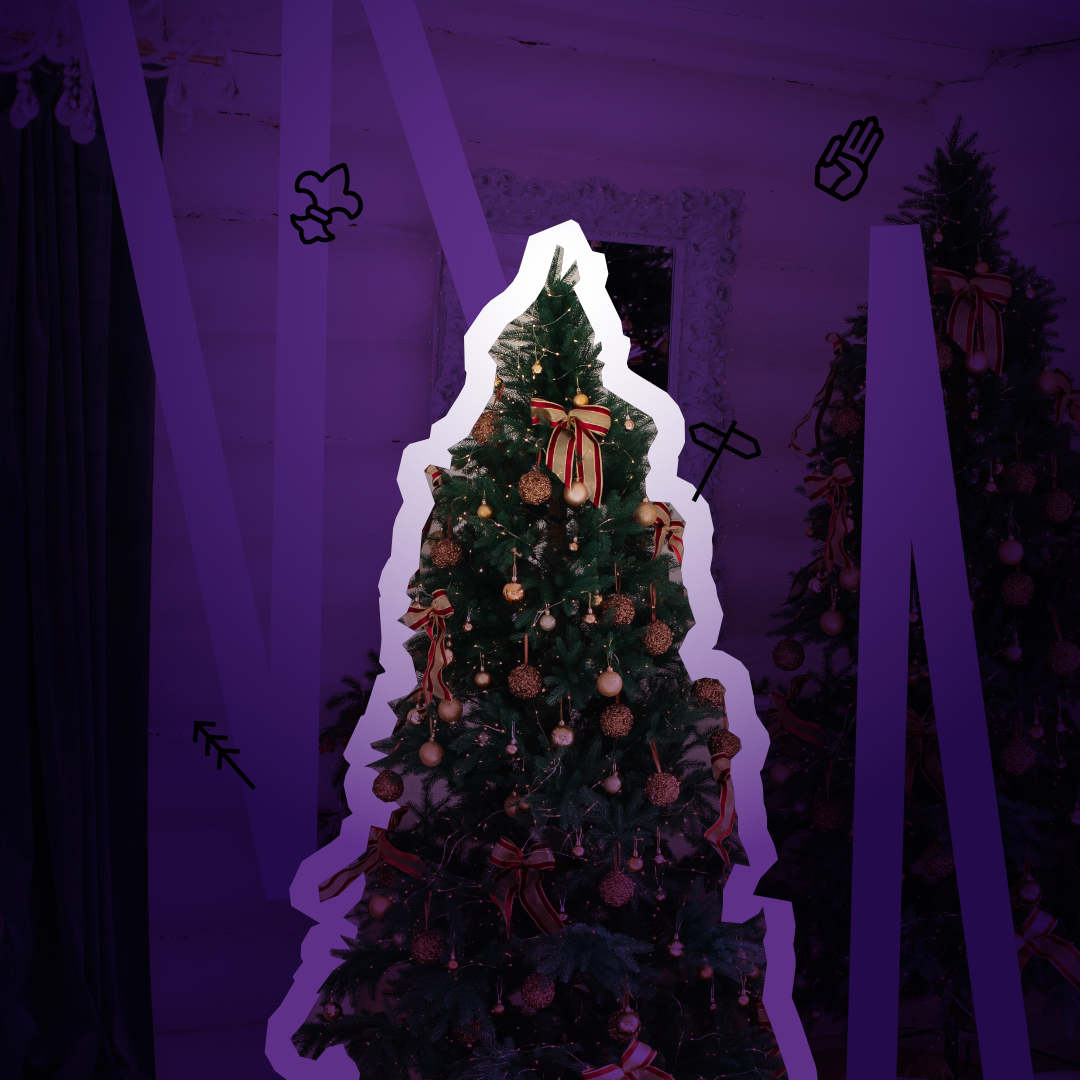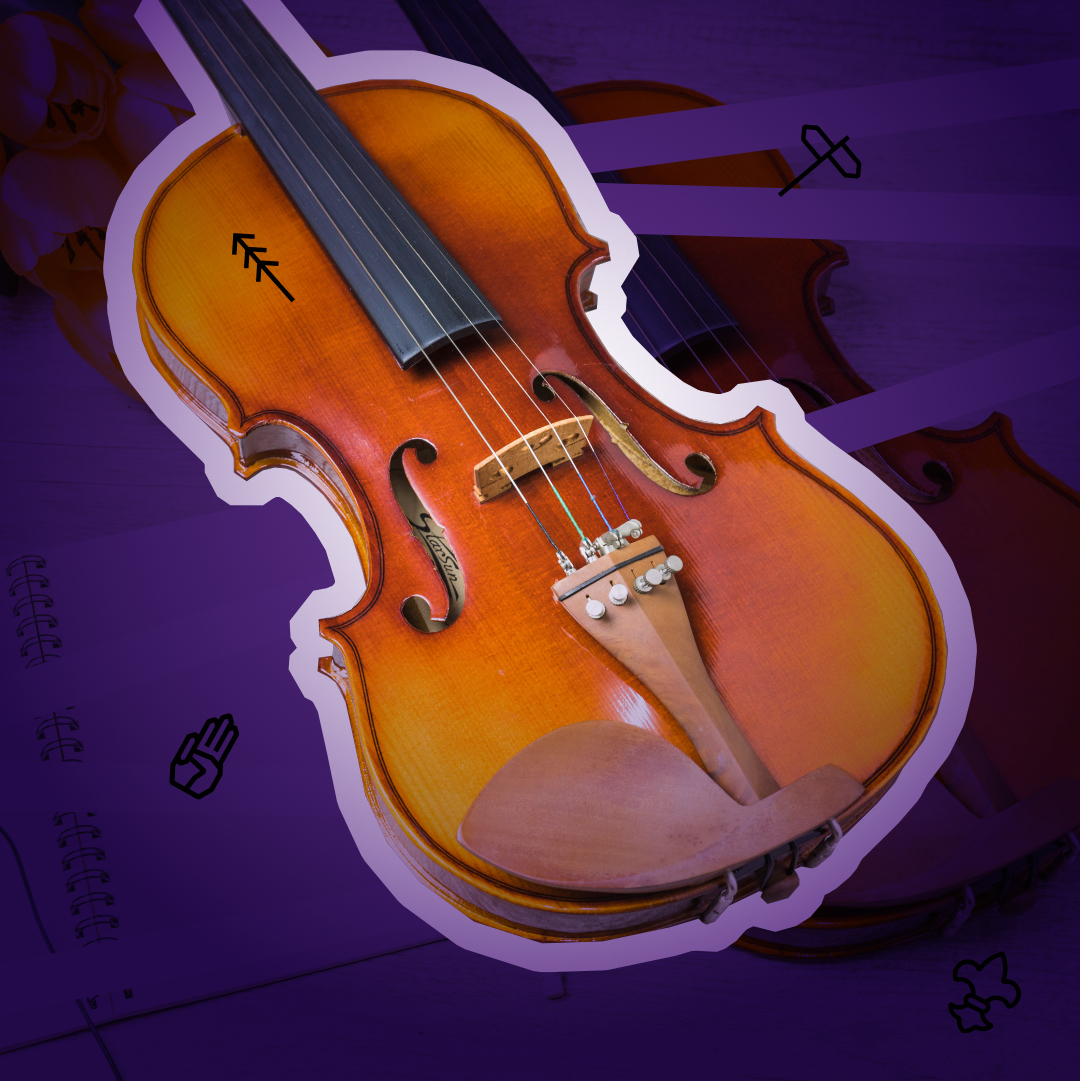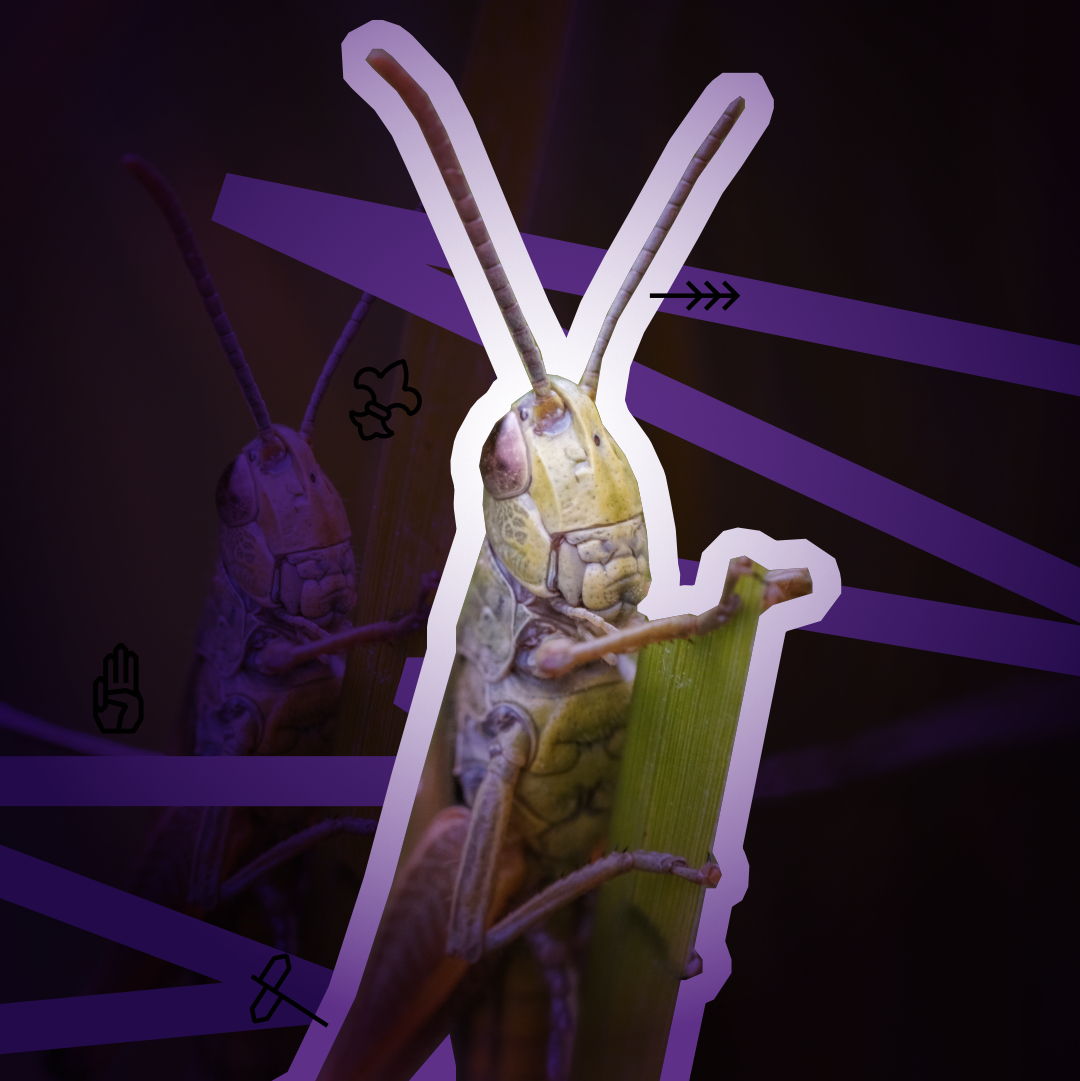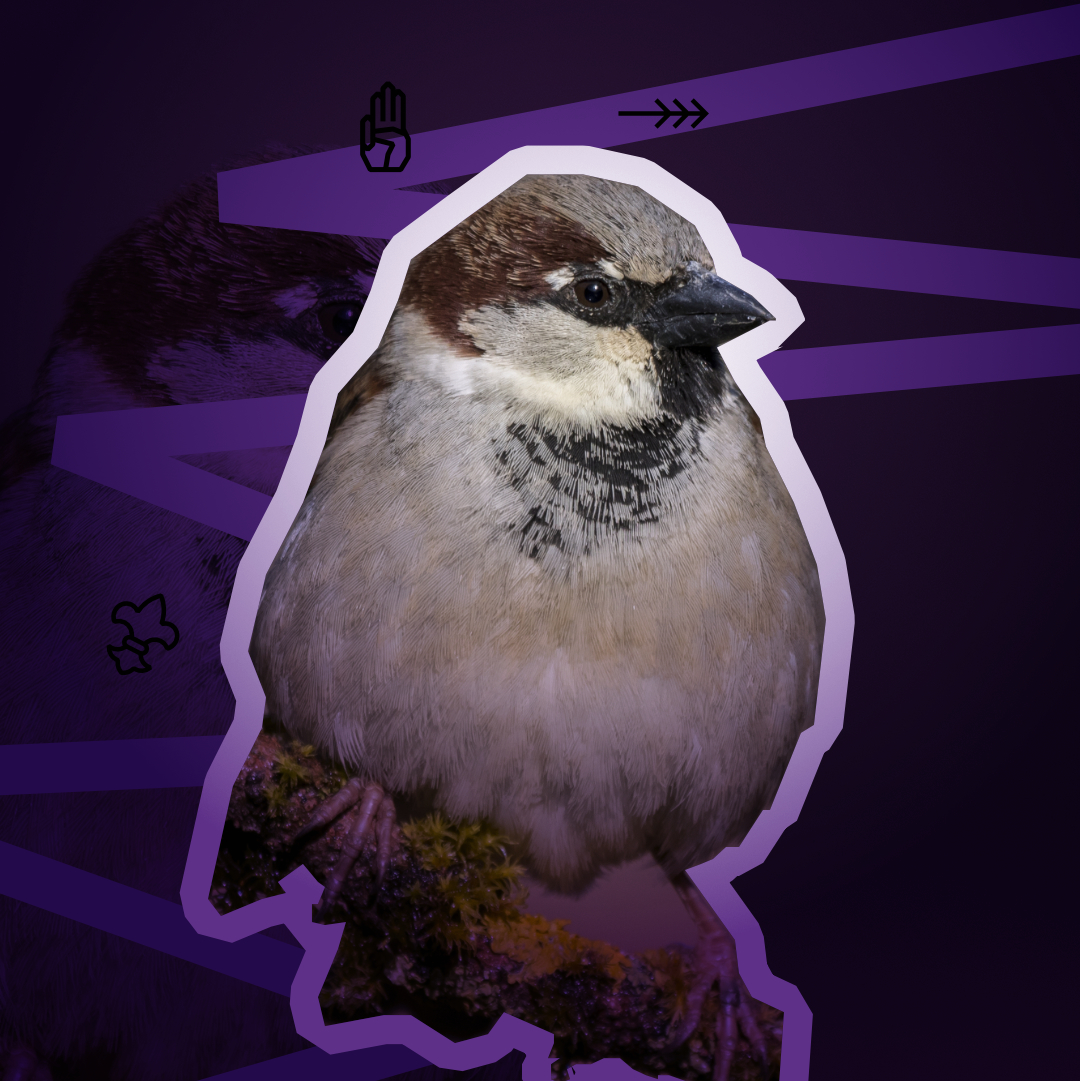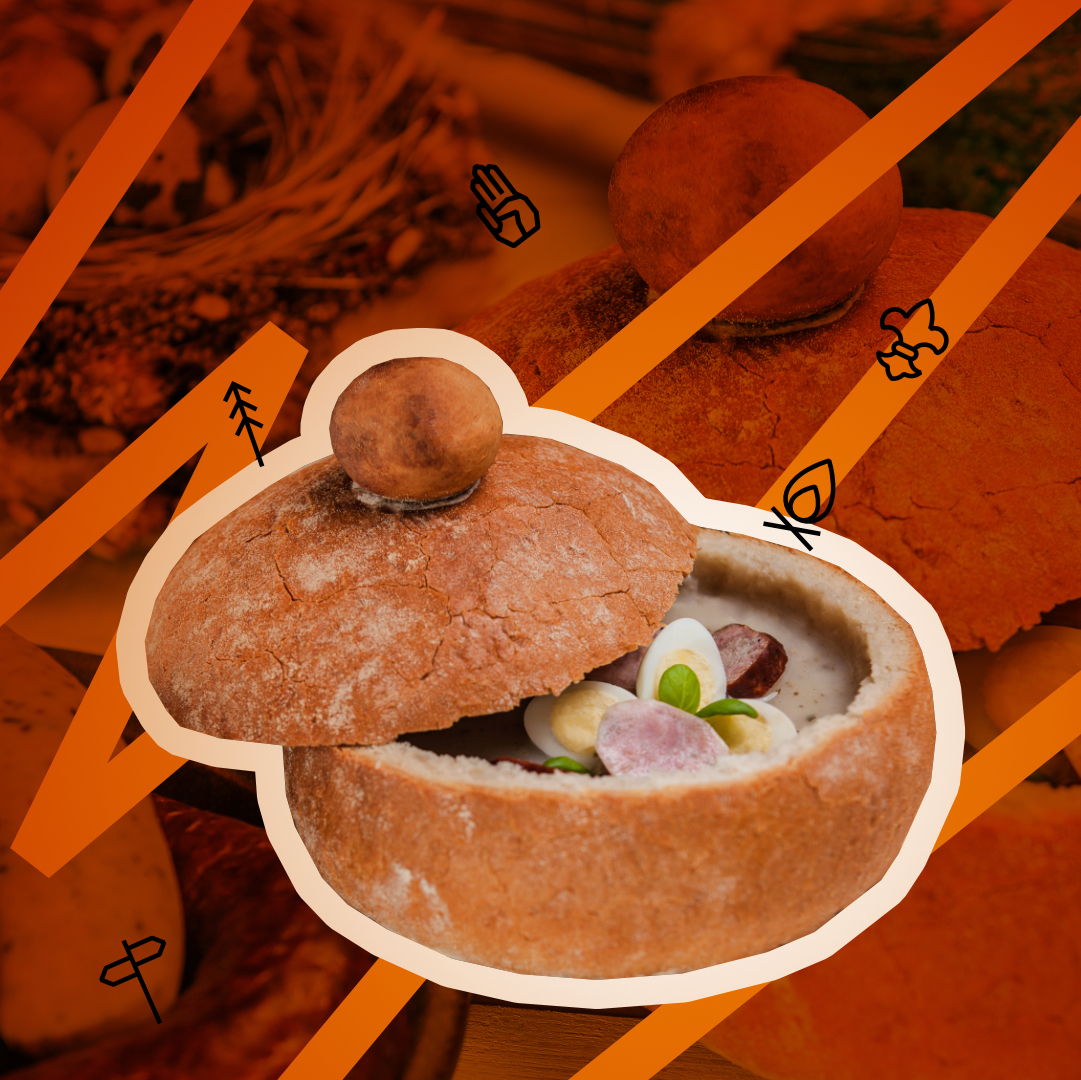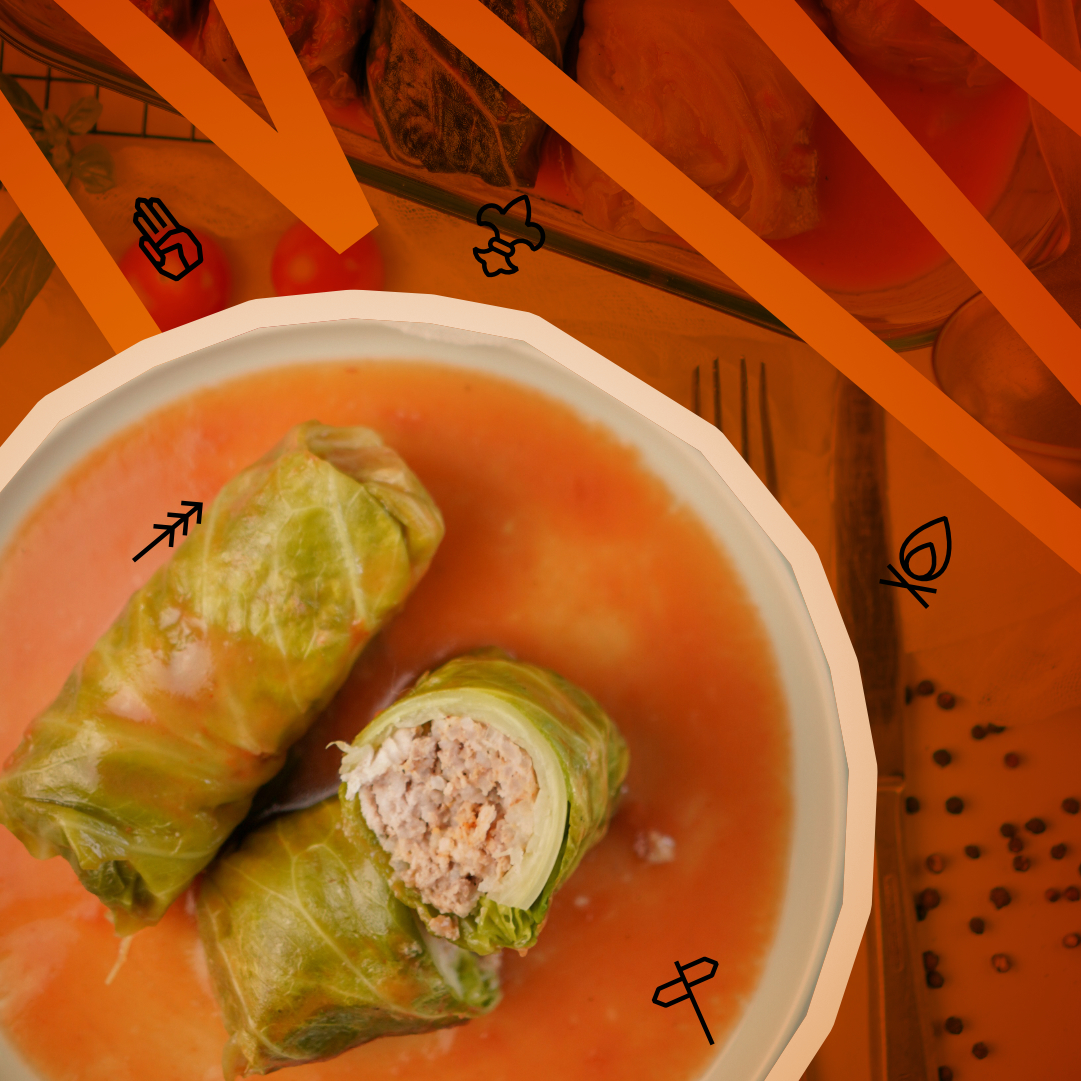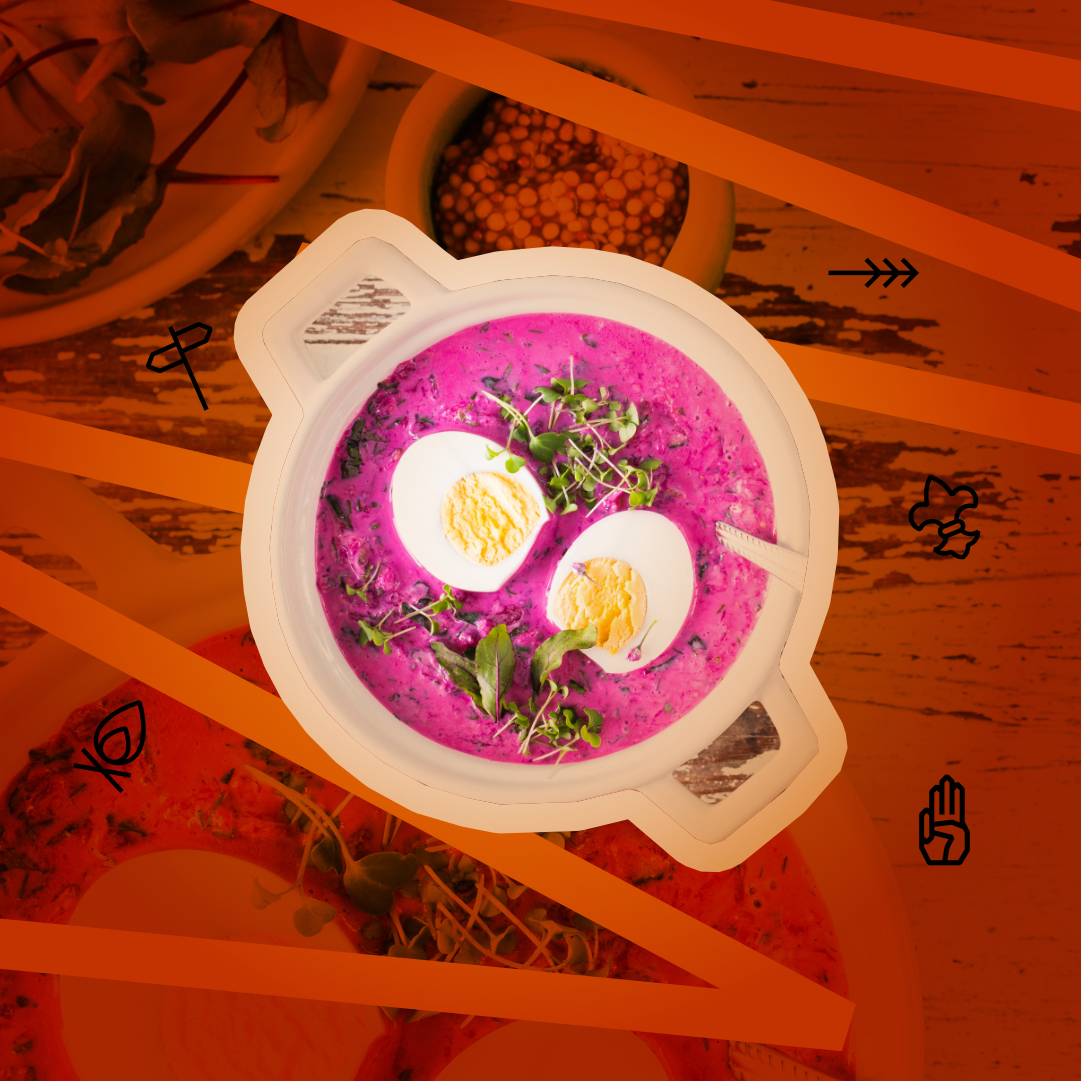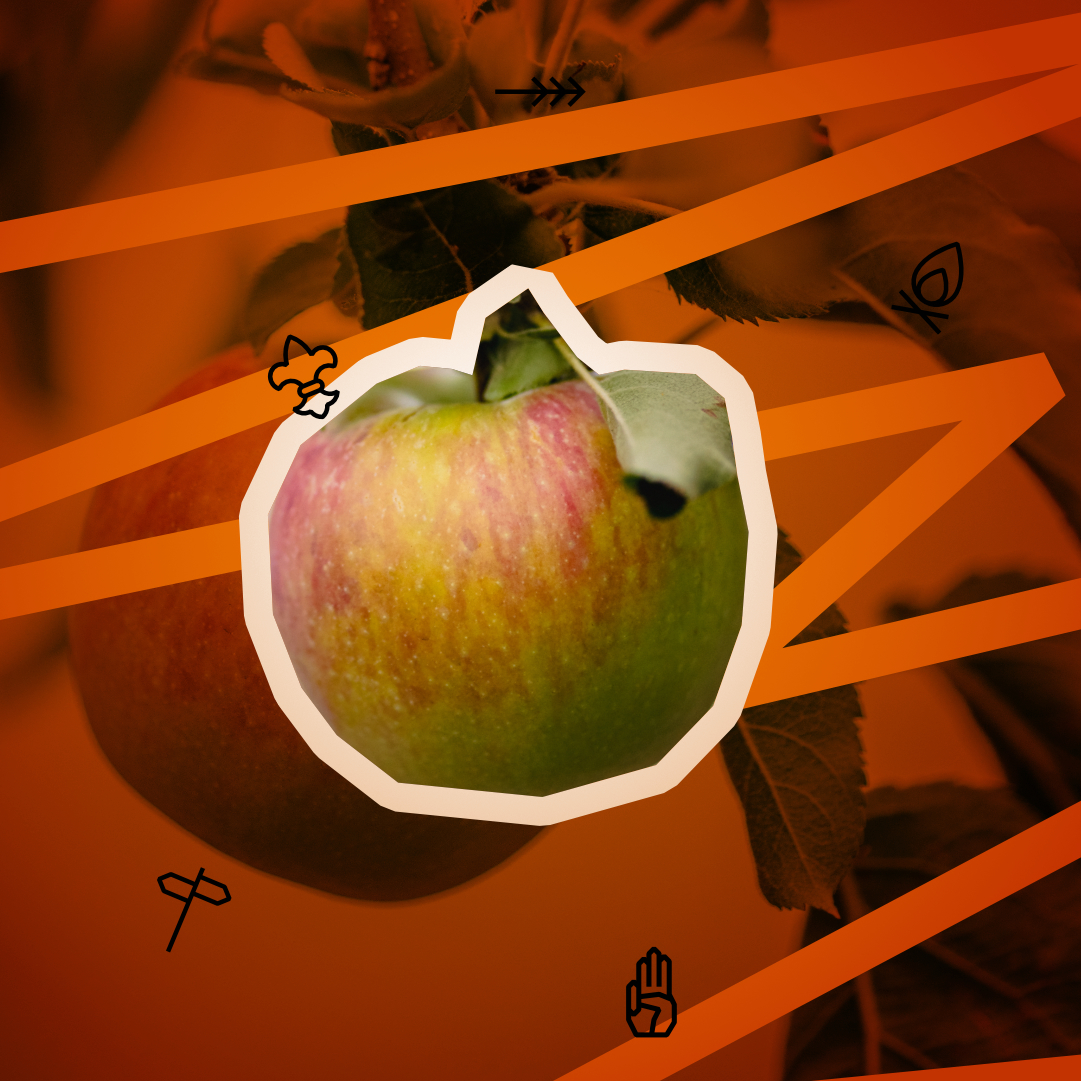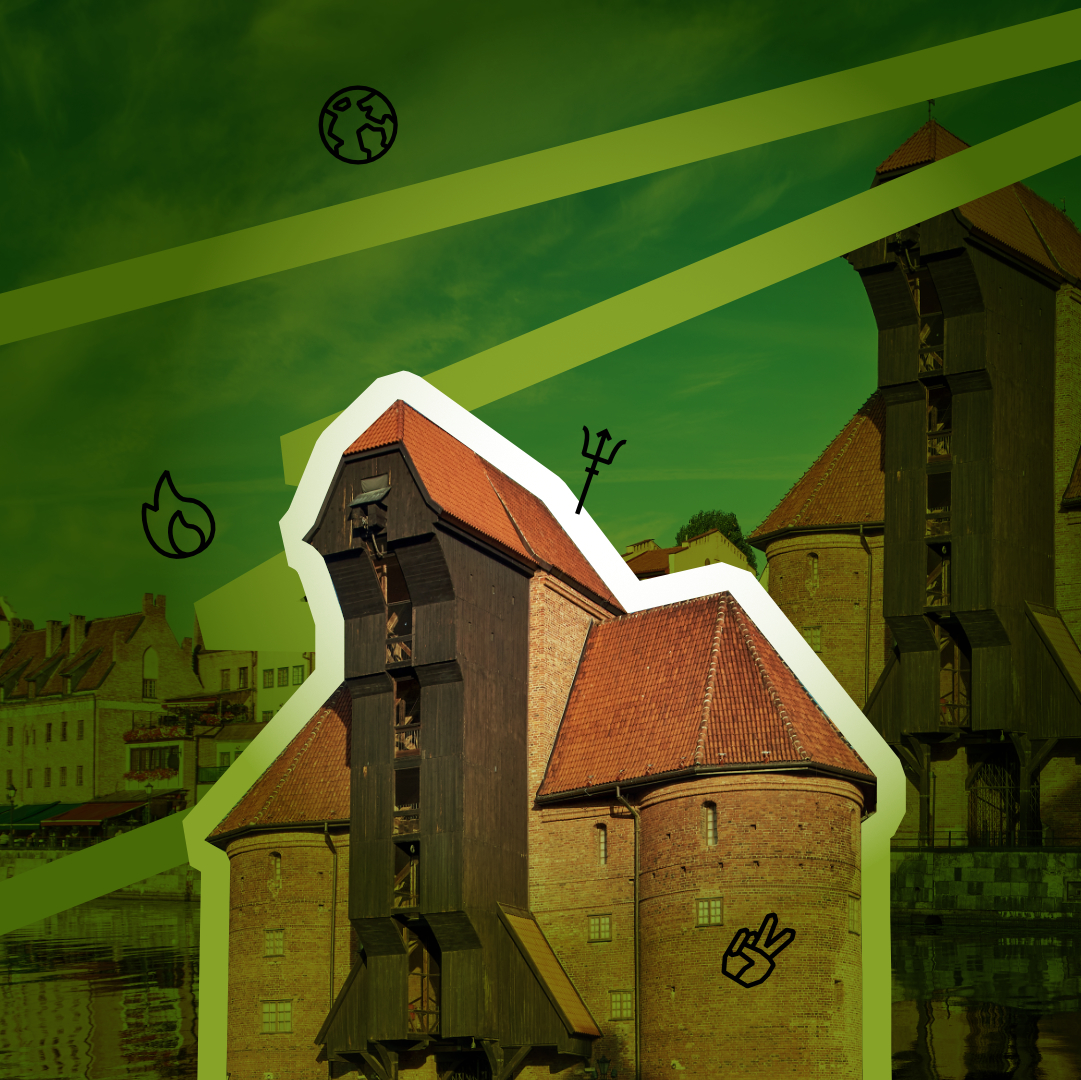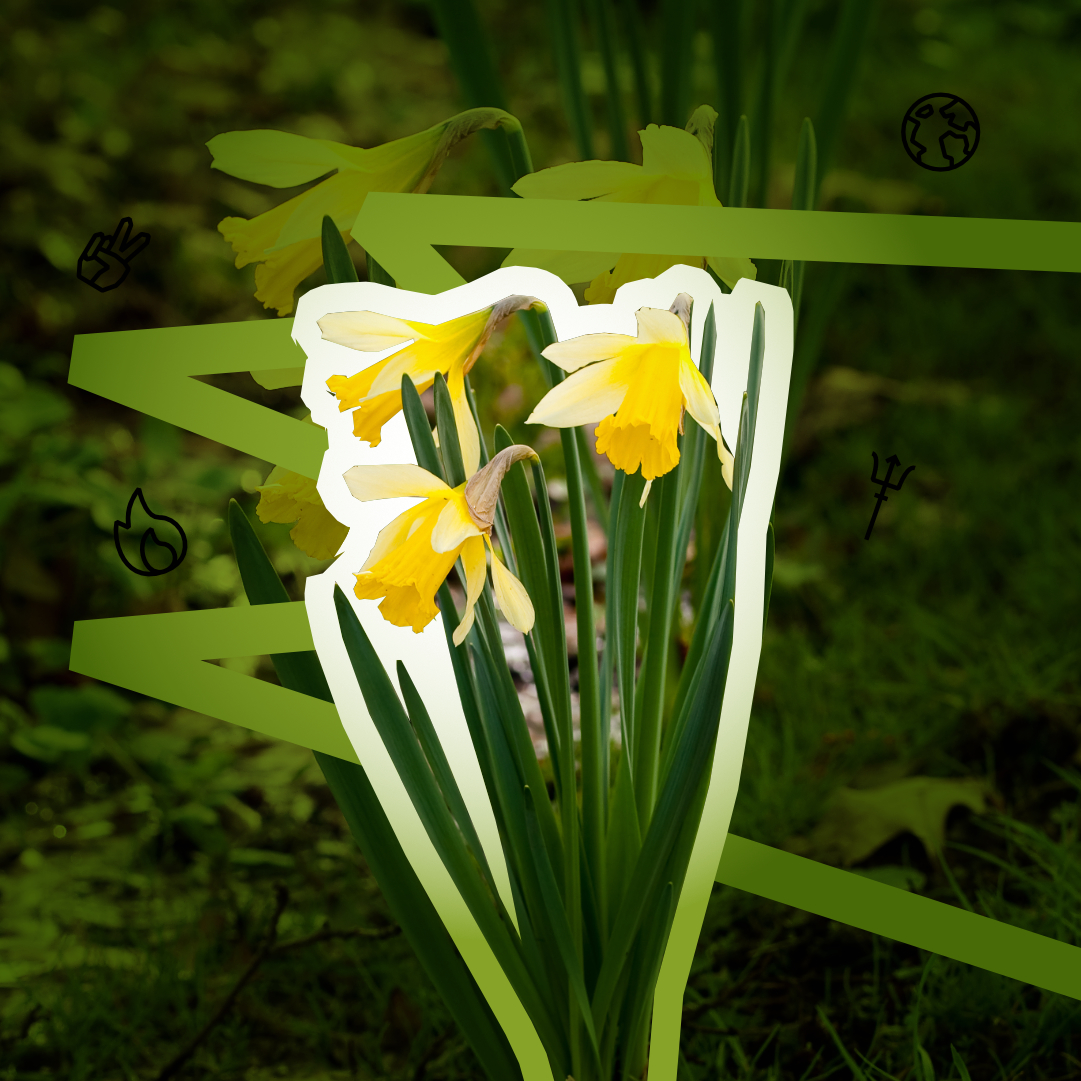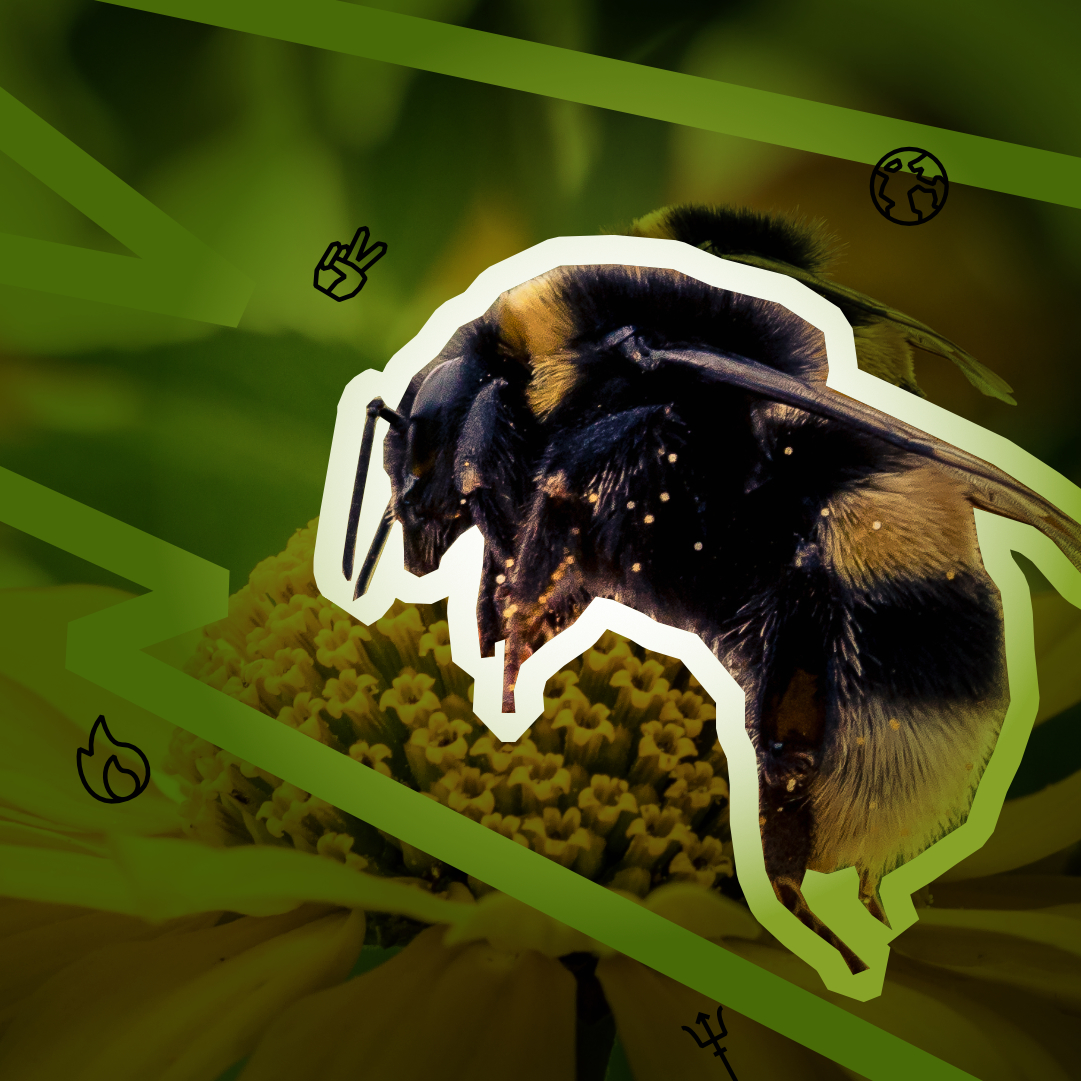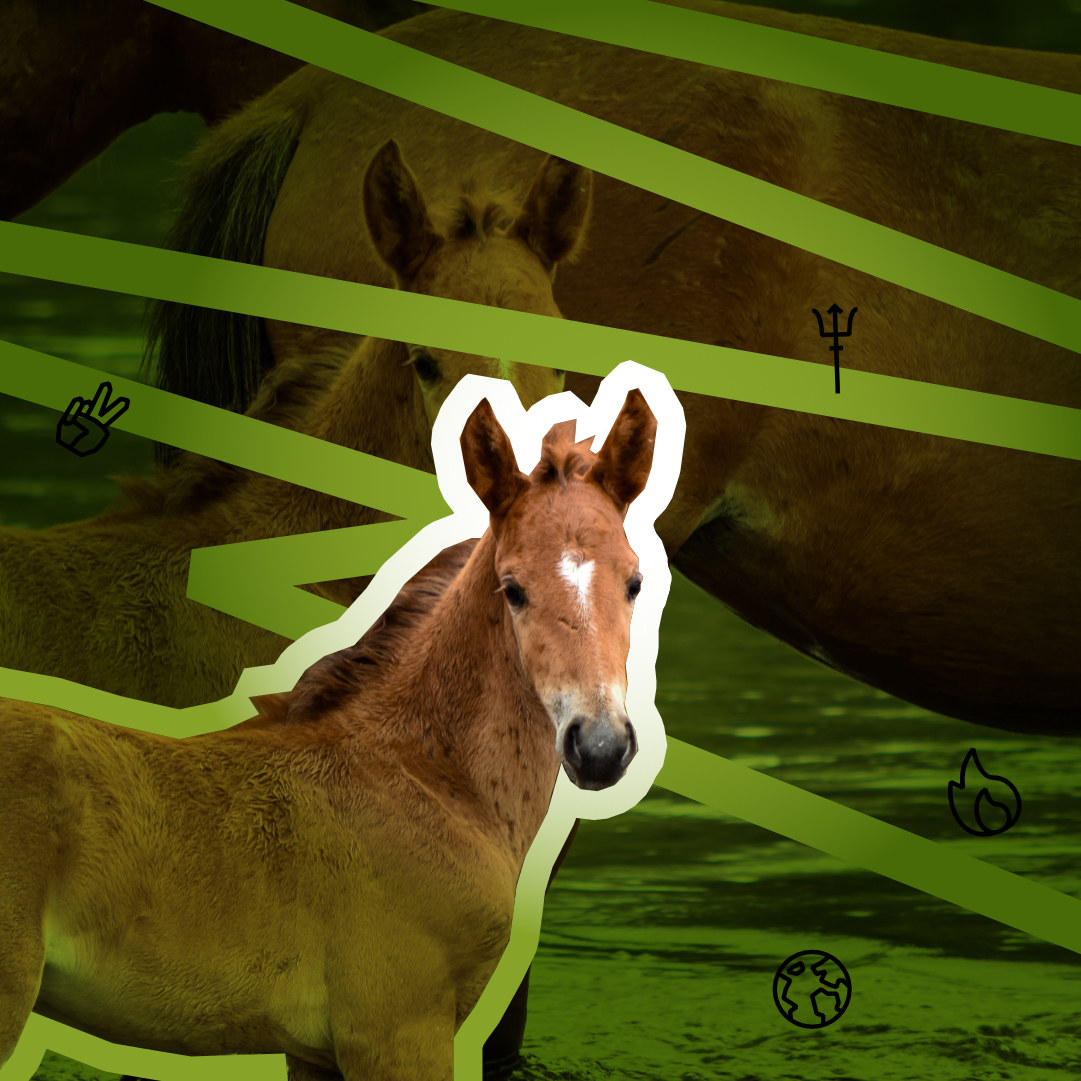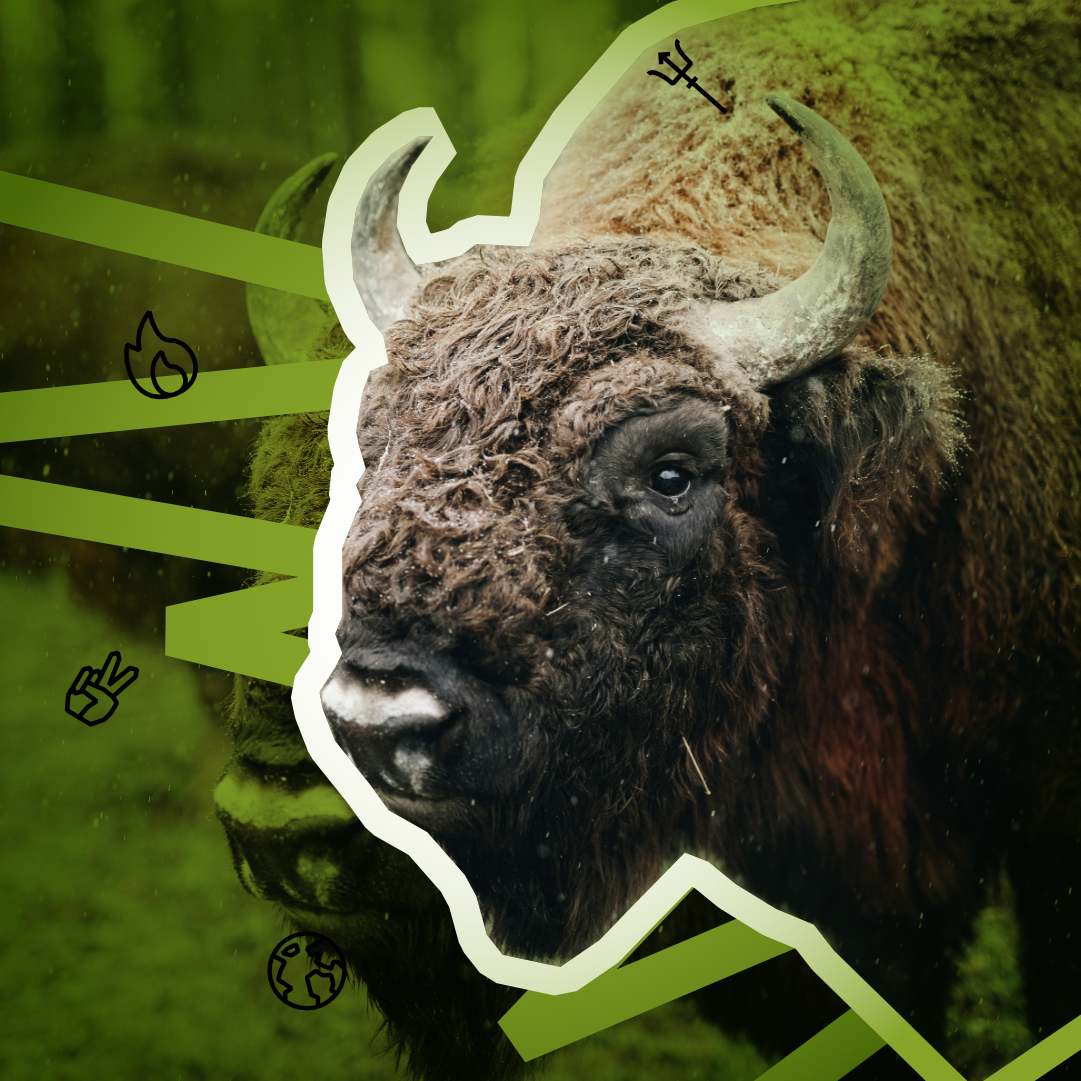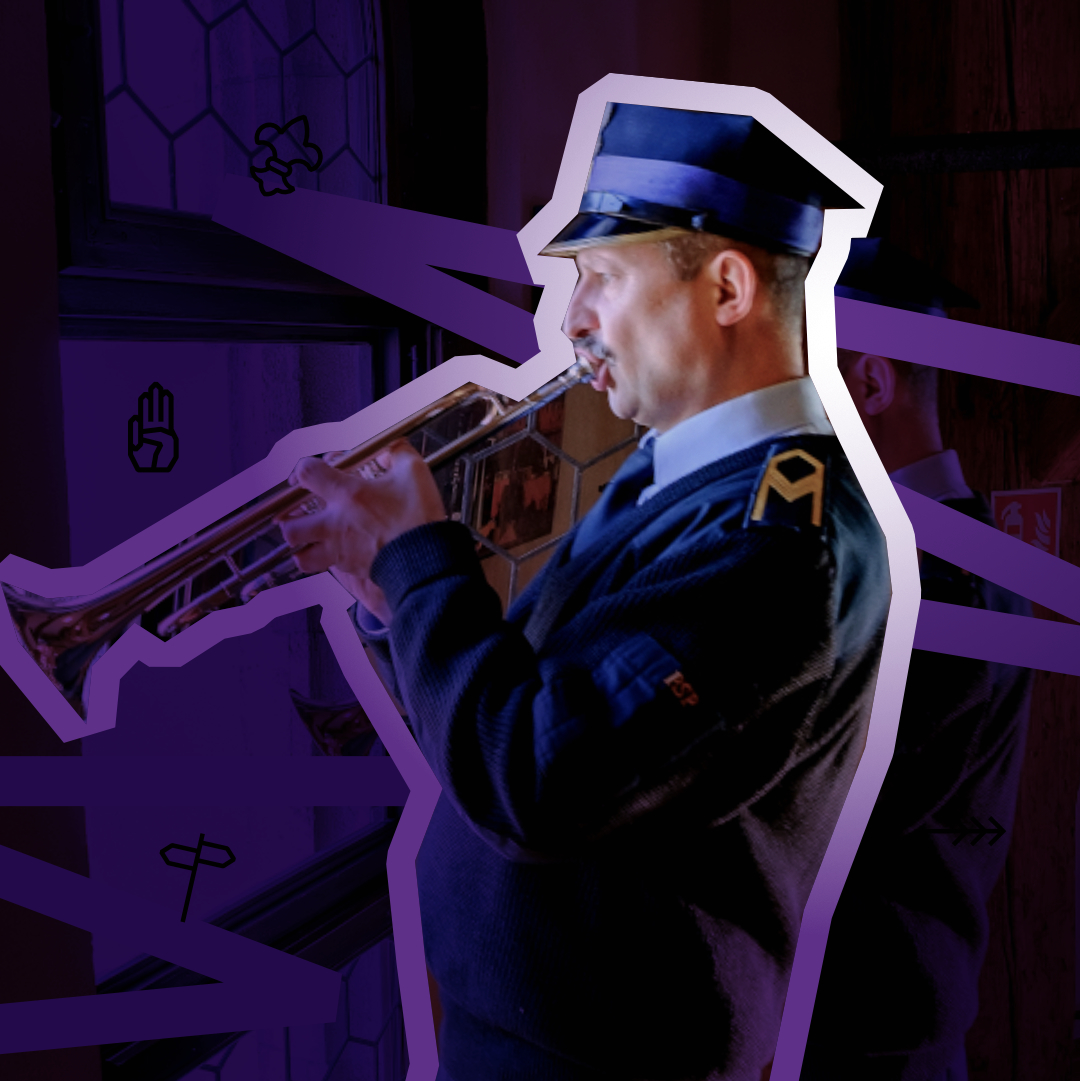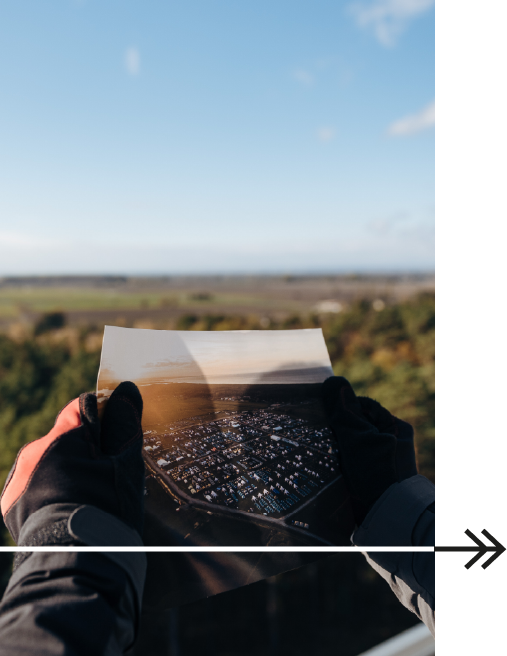As always communication with Member Organisations will take place through official bulletins and circulars. The first bulletin with an invitation to nominate Heads of Contingents is already released: https://knowledge.wsj2027.pl/display/HOC
The first on-line Head of Contingents Meeting will take place on 11-12 December 2024.
You can also follow the preparations via the official website www.jamboree2027.org and the social media channels on Facebook, Instagram, and LinkedIn.
With questions you can reach out to [email protected]
The Jamboree is being prepared by the international Jamboree Planning Team, which started work in 2022. Invitations to join the team as volunteers are regularly published on the website jamboree2027.org.
Currently, in the team we have adult volunteers from every WOSM Region.
Focus of the team is on knowledge management and transfer – significant resources are invested to strengthen learning process from the previous hosts and minimise future risks.
Jamboree Advisory Committee is already appointed and will meet for the first time in January 2024.
30 July – 8 August 2027
The main camp area will be Wyspa Sobieszewska, Gdańsk on the coast of the Baltic Sea in Northern Poland.
Agriculture area, with a forest strip, surrounded by the sea and rivers. The island was not artificially created by man. It was formed almost 200 years ago due to the Vistula River breaking through to a new estuary.
20-minute drive from the centre of the medieval city of Gdańsk (0.5M residents).
Gdańsk International Airport (GDN) has direct connections to all major European inter-continental airports with around a 2-hour flight.
Gdańsk has high-speed rail links to Warsaw (the capital city).
Over 200 hectares available to the Jamboree that can welcome up to 50K people (participants, volunteers and day visitors)
Check-In, Day Visitors Centre, and International Media Centre will be located in the downtown of Gdańsk.
To learn how to take care of ourselves – support mental health.
To discover how to embrace challenges by developing self-confidence and resilience.
To build awareness of how to be a social changemaker - learning about and understanding global issues.
To find how to bravely change local society by changing ourselves.
To spark off the need for teamwork and a co-operative spirit as a way to bring peace.
To understand our impact on and responsibility for the environment and conservation.
To summarize our commitments towards the Sustainable Development Goals and to prepare to work on the future goals and calls to action presented by the United Nations.
To build awareness of the importance of inclusiveness and acceptance in all our actions.
To build a sense of togetherness in Scouting.
To embrace adventure.
The Jamboree will inspire Scouts to act bravely for the future of all of us and our planet. Now is the time for all young people to be the change, take the initiative and bravely take steps. The aim is to encourage them to walk away from the usual and comfortable path and engage in important discussions. It is envisioned that the Jamboree will be inspiring, but also supporting young people in finding the right self- balance.
Educational programme focused on seven themes: Planet Earth, Peace, Unity, Solidarity, Diversity, Self-Balance, and Change.
Four on-site modules and two off-site modules – Service & Camp-In-Camp Adventure, and Discover Gdańsk.
Free-time programme - Ceremonies, Faith and Beliefs Zone, Spiritual Development, The Friendship Day (120th Anniversary of Scouting), and Plaza activities.
Redefined International Service Team experience with a “Bravely” programme for adults and a new “International Service Team Adventure” component.
Contingents are invited to plan to participate in the Hosted Hospitality programme in Poland's various regions. The diversity and attractiveness of Poland's tourism and history will allow for an interesting adventure and getting to know the scouts from Poland.
Considering the ease of communication in Europe and a good network of rail and road connections, we invite Contingents to plan stays before or after the Jamboree not only in Poland, but also in neighbouring European countries.
We will assist in planning travel and stays in the regions of Poland and in our European neighbours.
Under the Host City Contract, the City of Gdańsk has made a strategic decision to provide financial and in-kind support to help cover the financial and material costs of the Jamboree. The list of particular services, to be delivered by the City of Gdańsk covers: road infrastructure, water and sewage infrastructure, telecommunication network, support for the Jamboree Organization Office, the accomplishment of the Social Development Programme for residents of Sobieszewo Island, implementation of the volunteering programme, event security provision by the state emergency units, providing access to facilities required to carry-out the Jamboree programme (e.g. aquatics), shuttle service and transportation.
The campsite does not require much additional heavy infrastructure work as it has already been prepared to host the Jamboree.
European Union Visa fees for the Jamboree participants aged below 26 will be waived based on the Schengen Visa Code regulations.
Corporate donors, trade and advisors will be involved in reducing and controlling the costs of the Jamboree.
A Solidarity Operation based on a donor programme and economic activation programme.
Tailor-made Support – to help representatives of each and every WOSM Member Organisation take part in the Jamboree.
The 2027 World Scout Jamboree follows the WOSM Guidelines for Organising Sustainable Events and will comply with the International Standard for Sustainable Events (ISO 20121:2012).
Campsite land rehabilitation is already secured in the Host City Contract.
Offsetting carbon dioxide (carbon footprint) through participants’ actions before and during the Jamboree.
Promoting a climate-friendly diet (planet-based diet, according to EAT-Lancet report).
Waste segregation, recyclable and reusable/multi-use, recyclable materials.
Most energy will be sourced from renewable energy sources.
Food waste reduction (collecting uneaten food after the Jamboree and giving it to those in need).
Hybrid and electrically powered vehicles and coaches to reduce CO2 emissions.
